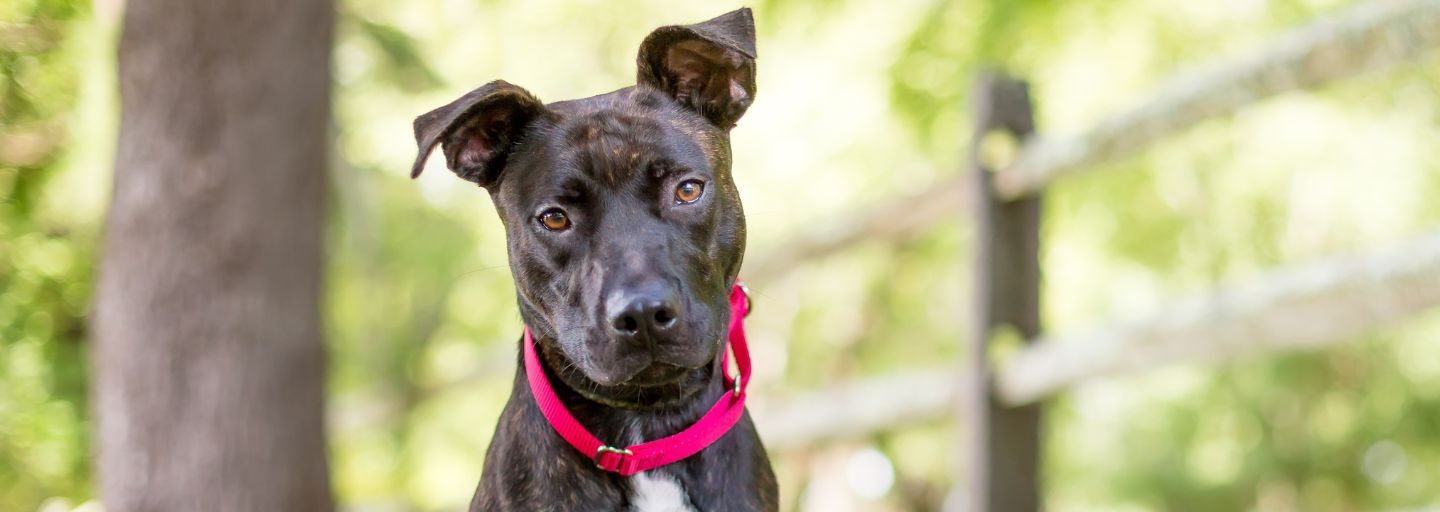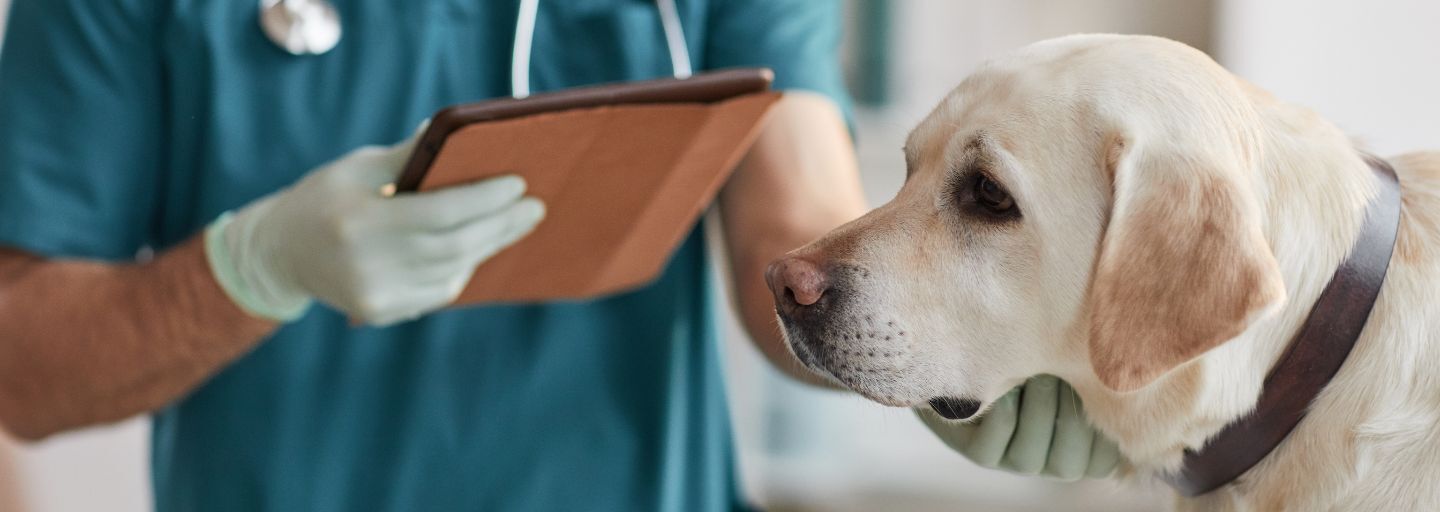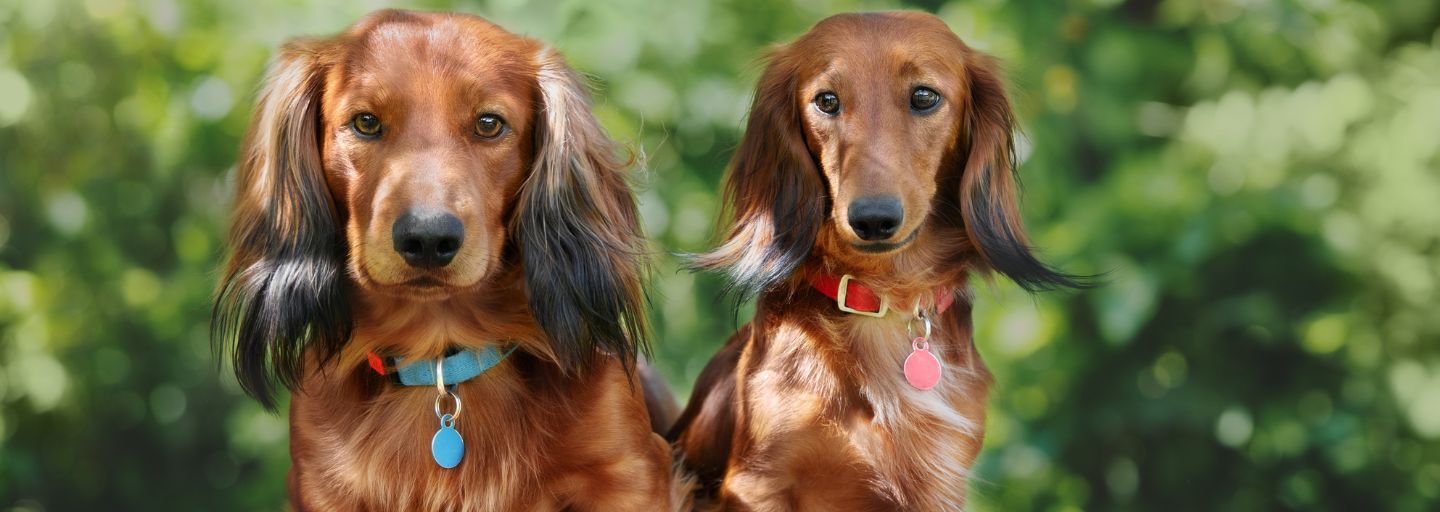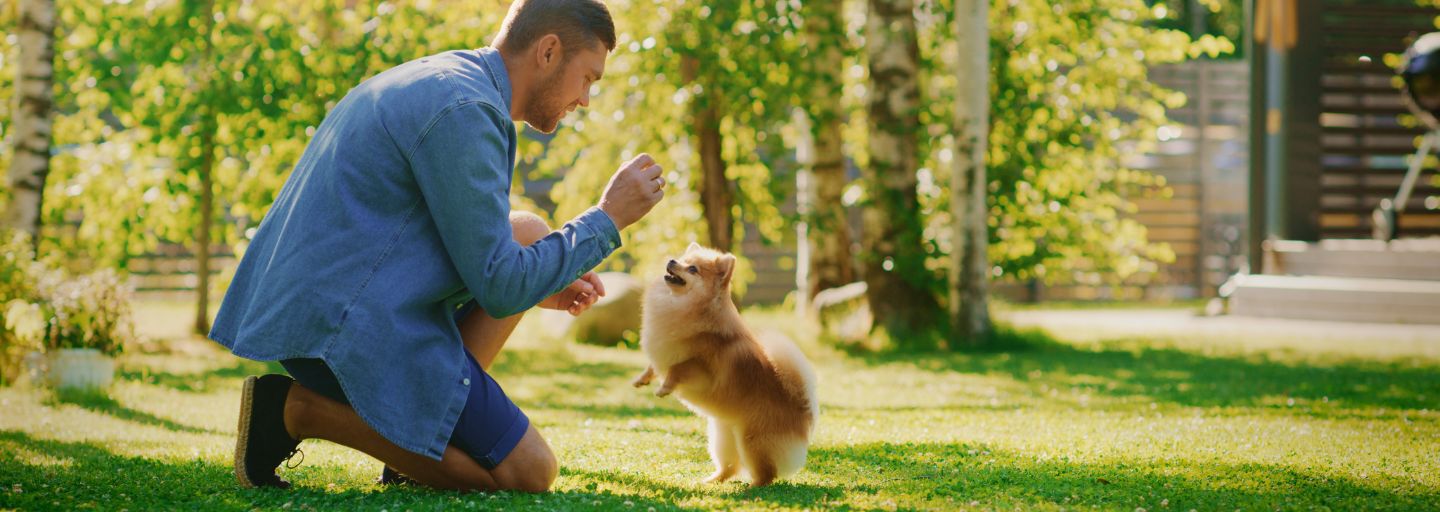No one wants to admit that their dog eats poo, but it's more common than you think. As a dog owner, you will want to know why your dog eats poo, and the steps needed to stop the behavior.
What is Coprophagia?
The technical term for dogs eating feces is called Coprophagia – either their own or that of another animal. It's a behavior that many dog owners (and those in the general vicinity) will turn their noses up at, but it's a habit for some dogs that often happens at some stage in their lives. It may start during puppyhood, with some growing out of it as they get older. However, if given half a chance, a lot of dogs will quite happily tuck into the cat's nearby litter tray filled with "delicious" treats.
Why do dogs eat feces?
There are many theories as to why dogs eat feces, from the seemingly obvious "because they enjoy the taste" to more instinctive reasons such as dogs being omnivorous scavengers and feces containing some nutritional value such as undigested fat and protein. Although the latter is the most likely explanation, no one really knows.
One old wives' tale, largely disproved, is that it's a response to something lacking in their diet. There are some medical disorders thought to contribute to coprophagia, so if you have any concerns over your dog's health, you should always speak with your vet first.
Another theory is that coprophagia is a learned behavior, caused by a puppy watching and copying its mother or friends. Sometimes, dogs eat the feces of their puppies to keep the nest area clean and free from disease and, perhaps instinctively, to prevent attracting predators to the nest.
In certain cases, if a pet owner uses the incorrect training technique of sticking the dog's nose in its stool when it has soiled the home, it may encourage them to engage in coprophagia.
What can be done about dogs eating feces?
If your dog is partial to eating its own feces and you'd like to put a stop to it, there are several possible solutions you can try. Try these one at a time so you can work out which, if any, are successful. However, if your dog is young, very old, or has a history of gastrointestinal problems, these methods aren't recommended without consulting a vet first.
- Restrict access to fecal material, supervise all outdoor access, and clean up as soon as your dog has done its business.
- Put a cover over your cat's litter box and consider a baby gate to prevent your dog from accessing it.
- If they ignore feces, reward them with a tasty treat.
- Give your dog something else to do with its mouth! Provide a wide variety of chew toys and increase your quality time with your dog.
- Some dogs eat feces as an attention-seeking behavior, so ignore your dog unless you catch it in the act.
- Increase the number of feeds (not the amount of food) during the day so that your dog is never hungry and doesn't feel the need to hunt down food anywhere else.
- In extreme cases, you can try fitting a basket-type muzzle on your dog while you're out walking, but never leave your dog alone when it's wearing it.
Professional help for coprophagia
If your dog only eats feces when it's left alone, for example at night, there might be an emotional reason for its behavior. It could be related to being left alone. If you suspect that this may be the case, speak to your vet, who will be able to refer you to an animal behaviorist.
Equally, if you're concerned about your dog eating feces over a sustained period of time, it may be a good idea to enlist the help of an animal behaviorist. Your vet will be able to refer you.
Speak to our PetCare Advice Team
If you'd like more information on coprophagia and dogs eating poo or have any other queries, contact our PetCare Advice team Monday to Friday 9-5 on 1800 738 238 or online.







